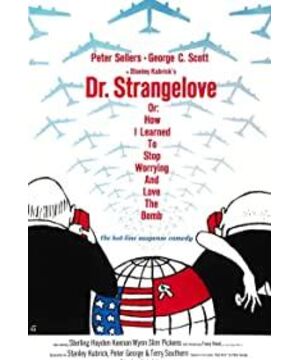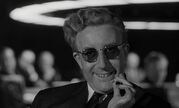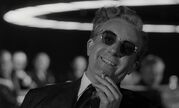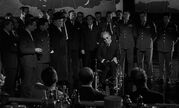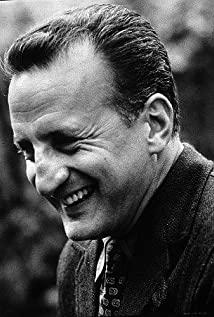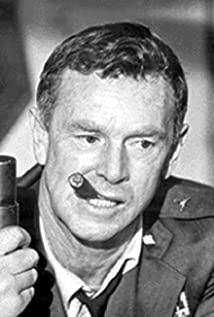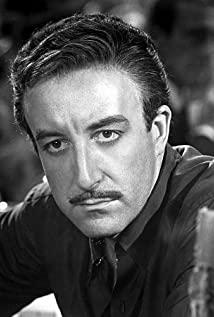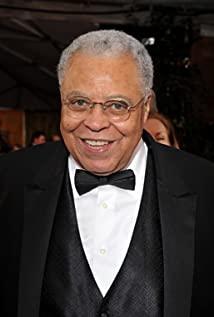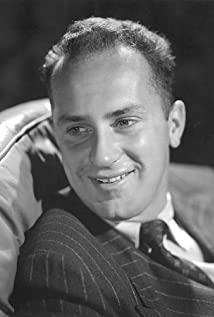It is also an anti-Cold War theme. If I were to shoot, based on the small-scale method I learned in elementary school composition, I might choose one or two ordinary people to describe the impact of the Cold War on their lives. I have seen some films that reflect the background of a major era (war, cultural revolution, etc.) that have adopted this technique. Or we can simply come to a big scene to describe how many new weapons the United States and the Soviet Union have, how many anti-war demonstrations and demonstrations there are in the country...
I am still a mere mortal after all, let's see how the master shot it. No one thought that Kubrick made this subject matter into a black humorous drama. Dozens of B52s carrying nuclear bombs, top-secret passwords that can be guessed by Mongolia, the relaxed tone of the general in the conference room, and the American president constantly calling the Soviet prime minister’s nickname on the phone... These seem a little absurd. The elements are combined together, and some small humor like survival box is interspersed during the period. Those who didn't know thought it was a comedy. But it was such a method, like a series of cold jokes that greatly despised the Cold War. What is the cold war? It's just a play house game played by politicians in the conference room.
There are three details in the film that make me unforgettable. One is the slightly looking up shot of the general at the base when he decided to make a mistake or not to issue an order to withdraw the B52. That shot gives people the feeling of not being stalwart, but a kind of conquering hideousness. satisfy. Some humans always hope to conquer others and get pleasure from them. As long as such people are still there, the Cold War or similar competitions will not end. The second detail is the gesture made by Dr. Strangelove from time to time raising his right arm. His disability represents the deformity of the entire human society: on the one hand, it is an extremely smart mind, on the other hand, it is indeed a belief in the Nazis. When humans are desperate, they need to rely on their own wise minds, but in the end it is wisdom that destroys humans themselves. The third is that after the nuclear bomb finally exploded and the Soviet Union initiated the process of destroying the world, American politicians were actually concerned about the continuation of the Cold War by the survivors. At the same time, the Soviet ambassador was busy taking secrets in the conference room. When death is approaching, people are still busy with this kind of thing, and they can't help feeling sad when they laugh and laugh...
View more about Dr. Strangelove or: How I Learned to Stop Worrying and Love the Bomb reviews


